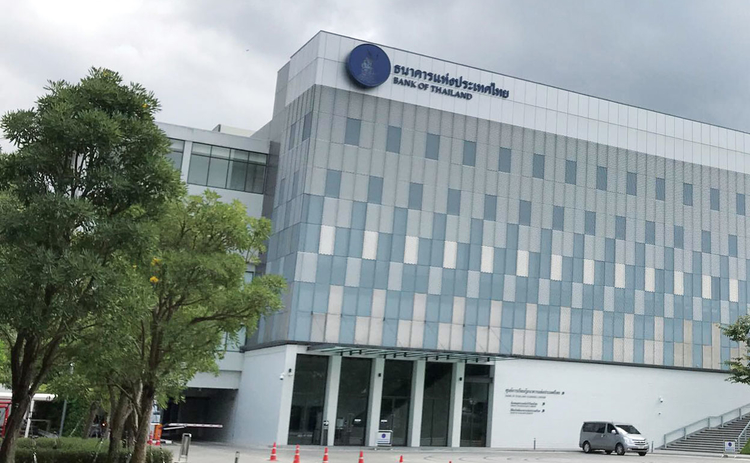As the Bank of Thailand (BOT) rejects a request for an emergency interest rate cut, Prime Minister Srettha Thavisin is implementing measures to increase state expenditure and public investment to support growth in Southeast Asia’s second-largest economy.
Last Tuesday, the cabinet unanimously decided to advance the parliamentary vote on the long-postponed budget bill by two weeks. This action paves the way for the allocation of funds for new investments starting in April. Additionally, all state-owned enterprises were instructed last week to expedite their investments totalling more than 240 billion baht ($6.7 billion).
Moreover, efforts to boost state spending speed up as Srettha faces obstacles in lifting growth, including delays to key cash handout plans and budget approval. Calls to cut interest rates for immediate relief were rejected by the BOT.
“A quicker budget should definitely help demand in the economy – mostly on the investment front as on the government consumption side, spending was ongoing even without the passage of the budget,” Shreya Sodhani, an analyst at Barclays Bank Plc told Bloomberg.
The final quarter of the previous three months saw a contraction in the gross domestic product primarily due to a decrease in public spending and investment, while private consumption increased by 7.4 per cent.
In the first four months of the fiscal year that started on October 1, government spending fell by 7.2 per cent as lawmakers have not yet ratified the budget that Srettha’s cabinet finalised after it took power approximately six months ago.
Furthermore, analysts have revised Thai growth forecasts due to a slower-than-anticipated recovery in tourist spending and sluggish exports. They now speculate that the central bank might initiate easing measures sooner than expected. This downturn in the economy is likely to bolster arguments for the government to resume its campaign for rate cuts.
During a year-long cycle of tightening, the central bank increased its one-day repurchase rate by 200 basis points in total, pushing borrowing costs to a ten-year high of 2.5 per cent.
Data revealed that growth slowed to 1.9 per cent last year from 2.6 per cent the year before, prompting Srettha to renew his call for an emergency rate cut. However, BOT Governor Sethaput Suthiwartnarueput rejected his demand.
The prime minister remains committed to pushing for a decrease in interest rates. The rate panel is set to convene next on April 10th.
“I wouldn’t put it past the government to amp up the pressure again before the next meeting in April, especially given the dissenting votes we saw at the previous meeting, which likely will only encourage the government to press harder,” Miguel Chanco, an economist at Pantheon Macroeconomics Ltd stated.
